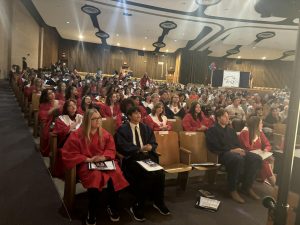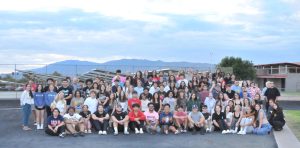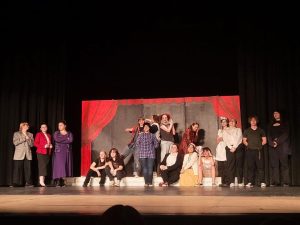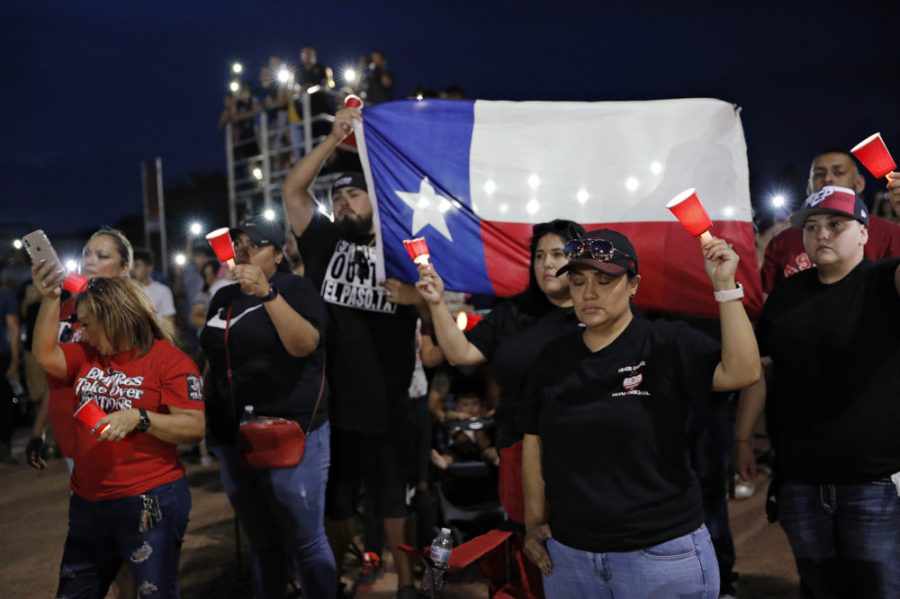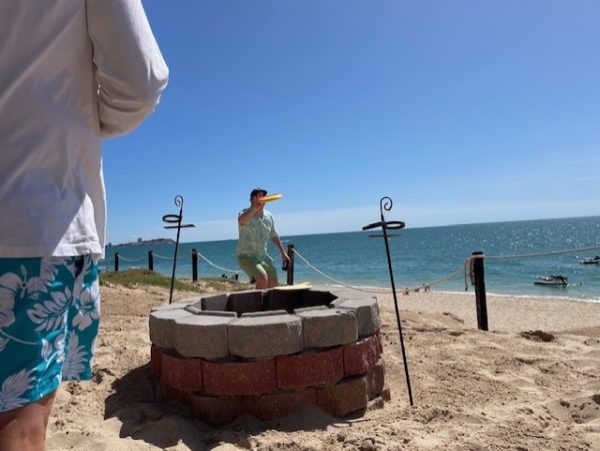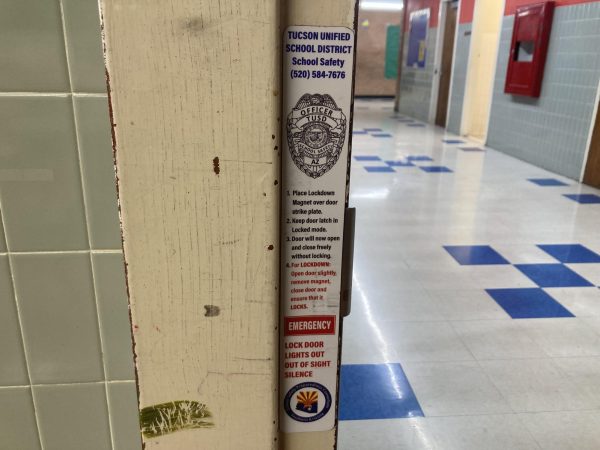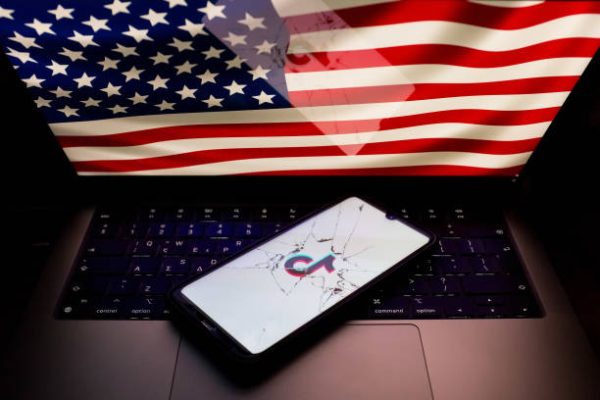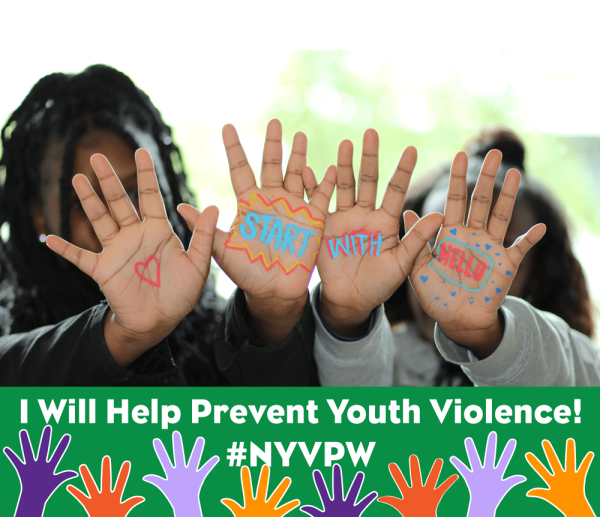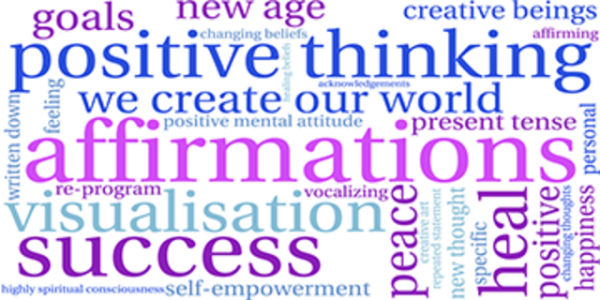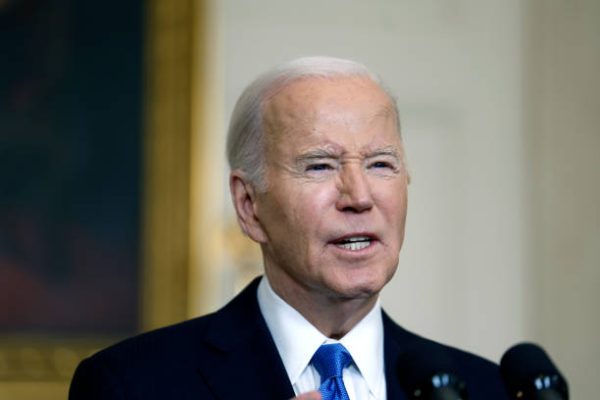America’s Vicarious Trauma Epidemic
People attend a vigil for victims of Saturday’s mass shooting at a shopping complex Sunday, Aug. 4, 2019, in El Paso, Texas. (AP Photo/John Locher)
August 14, 2019
In the wake of the week-long onslaughts of mass shootings in America, I began to ponder: is America traumatized? A loaded statement, I know. But look to recent events unfolding, and then look within yourself and how they’ve manifested.
Panic spread like wildfire August 7th in Times Square where people mistook a motorcycle backfiring for an active shooter. The video underlines a prevalent feeling in American society that started from Columbine, then built up to Virginia Tech, then escalated to Pulse, and finally exploded to El Paso: fear. Fear is what drives us.
What is “Vicarious Trauma”?
Simply put, vicarious trauma is the feeling of hopelessness and anxiety after witnessing, watching, or hearing of a traumatic event. In the past, counselors, therapists, lawyers, or any profession inline to help others were susceptible to this, but times have changed. It has shifted to where it can effect anyone, at any age and profession. “Our minds and our bodies respond as if we were there and, for some, that vicarious trauma is deeply impactful,” states Dan Reidenberg, a mental health expert. Ask yourself, if you were to hear a loud bang! at a grocery store or mall, what would your first instinct be? Speaking for myself and many others, I would run. The fallout of a mass shooting affects not only the direct victims, but our country’s psyche.
How is the Country Reacting?
The ramifications of mass shootings reach not only direct victims, but indirect strangers. According to a study taken by Chapman University, 41.5% of the American populations’ biggest fear is random mass shootings, ranking higher than terrorism. Tensions are fueled, as politicians and civilians alike are quick to assign the number of frequent mass shootings to a plethora of different issues such as: violent video games, white nationalist terrorism, rhetoric echoed by Pres. Trump, and gun control. Mass shootings don’t exist in a vacuum; it’s obvious that there’s multiple reasons as to why they keep happening. It’s frankly tiring, watching corrupt politicians have the same rehashed conversations over again with no genuine change to gun control, combat of domestic terrorism, or the acknowledgement that white nationalism is rapid. These conversations aren’t new, and have begun to leave me feeling hopeless.
Not all is bleak. After the El Paso shooting, amidst the terror and sadness, glows a silver lining. 11 year-old Ruben Martinez III started the #elpasoCHALLENGE, an initiative for all El Pasoans to commit 20 random acts of kindness, one for each of the deceased (which has now risen). The challenge has gained major traction, and has helped many individuals gain a sense of safety and community. Ruben’s mom, Rose Gandarilla, says her son “was scared, we all were. He knows that a lot of people are affected and feeling anxious and/or heartbroken. He truly does believe that kindness will help the world.”
Ruben has become an example we all should follow.

